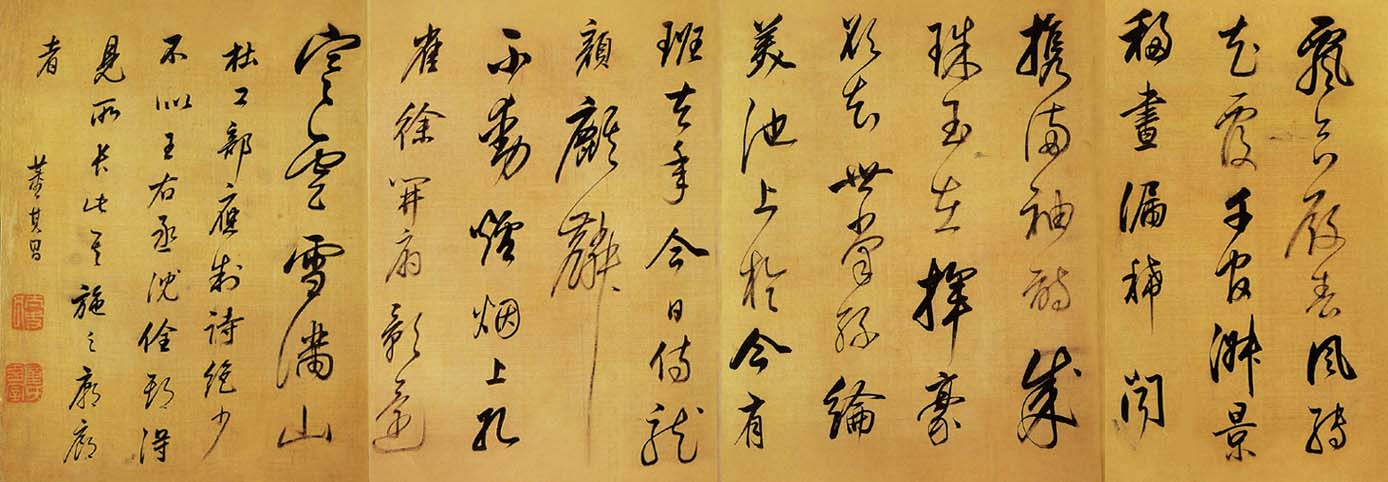Poetry

诗必穷而后工
A man becomes a better poet after he has tasted poverty.
This theory of poetry comes from the great Song Dynasty litterateur Ouyang Xiu. The proverb implies that ancient people believed hardship could improve a poet’s understanding and hone their skills.
诗酒且图今日乐,功名休问几时成
With poetry and wine we’re happy today; who cares when fame will come our way?
The proverb indicates that one should seek pleasure in good times and cease asking when one may achieve glory or fame.
诗可以兴,可以观,可以群,可以怨
Poems will help you to incite people’s emotions, to observe their feelings, to keep company, and to express your grievances.
It comes from Confucian’s The Analects and represents Confucian’s profound understanding of poetry. It implies that poetry plays a significant role in aesthetics and society.
欢愉之词难工,而愁苦之音易好也
It is difficult to become a master in the expression of pleasure and joy, whereas it is easy to achieve skill in expressing sadness and pain.
This idea originated from Tang litterateur Han Yu. It indicates that poor poets can easily describe their misery in poems but are not good at writing about the happy lives they cannot experience.
诗者,盖志之所之也,情动于中而形于言
Poetry is indeed the way the poet’s emotions come out: when the feelings within the poet are moved, they assume definite shapes in words.
The proverb means that poetry is an embodiment of poets’ ambition and emotions, and poets utilize words to express their thoughts.
诗中有画,画中有诗
There are pictures in poems, and poems in pictures.
The proverb indicates that a beautiful poem makes readers feel like they are in the picture and become a part of the scene.
